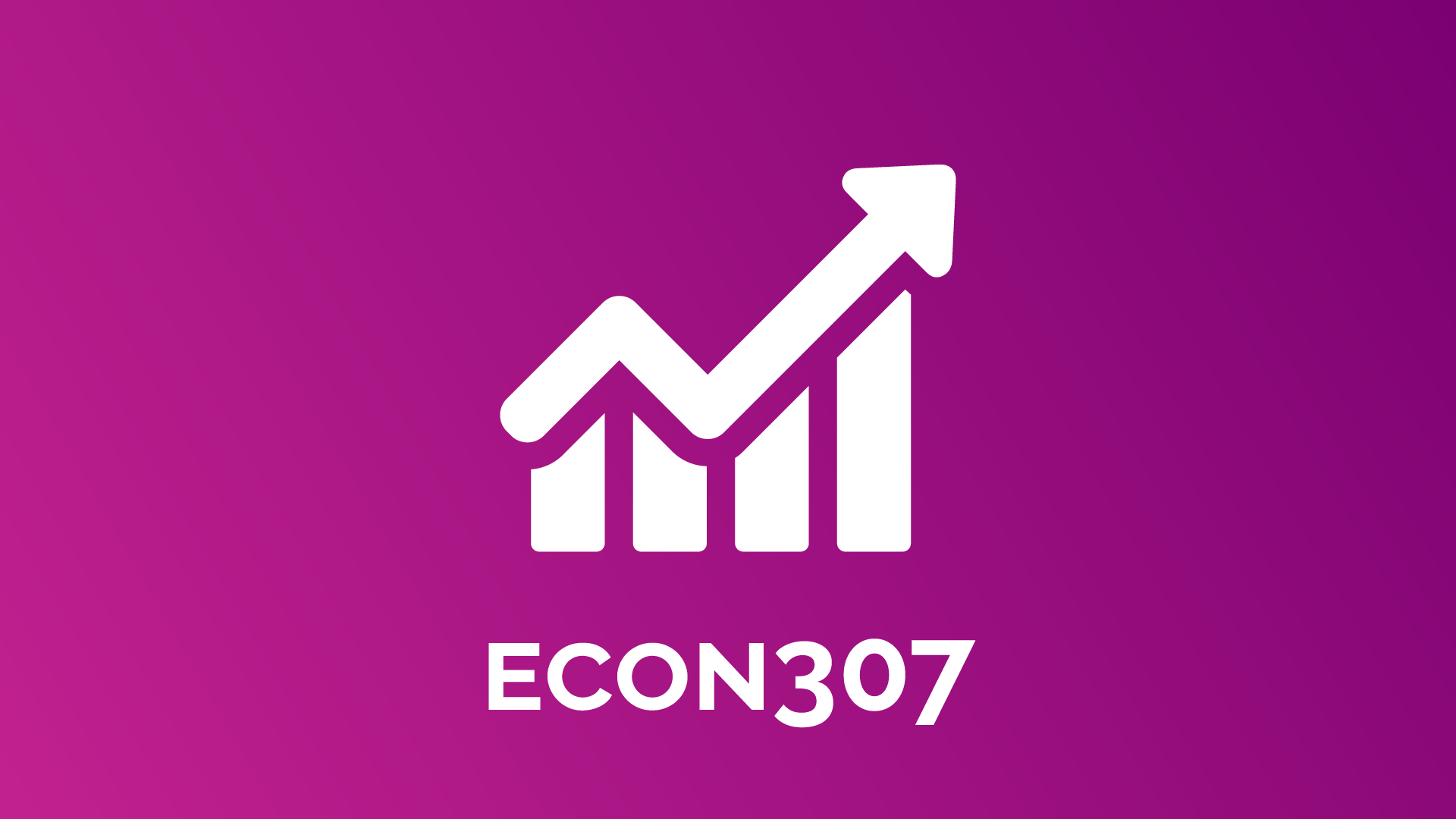-
Time: 83 hours
-
College Credit Recommended
-
Free Certificate
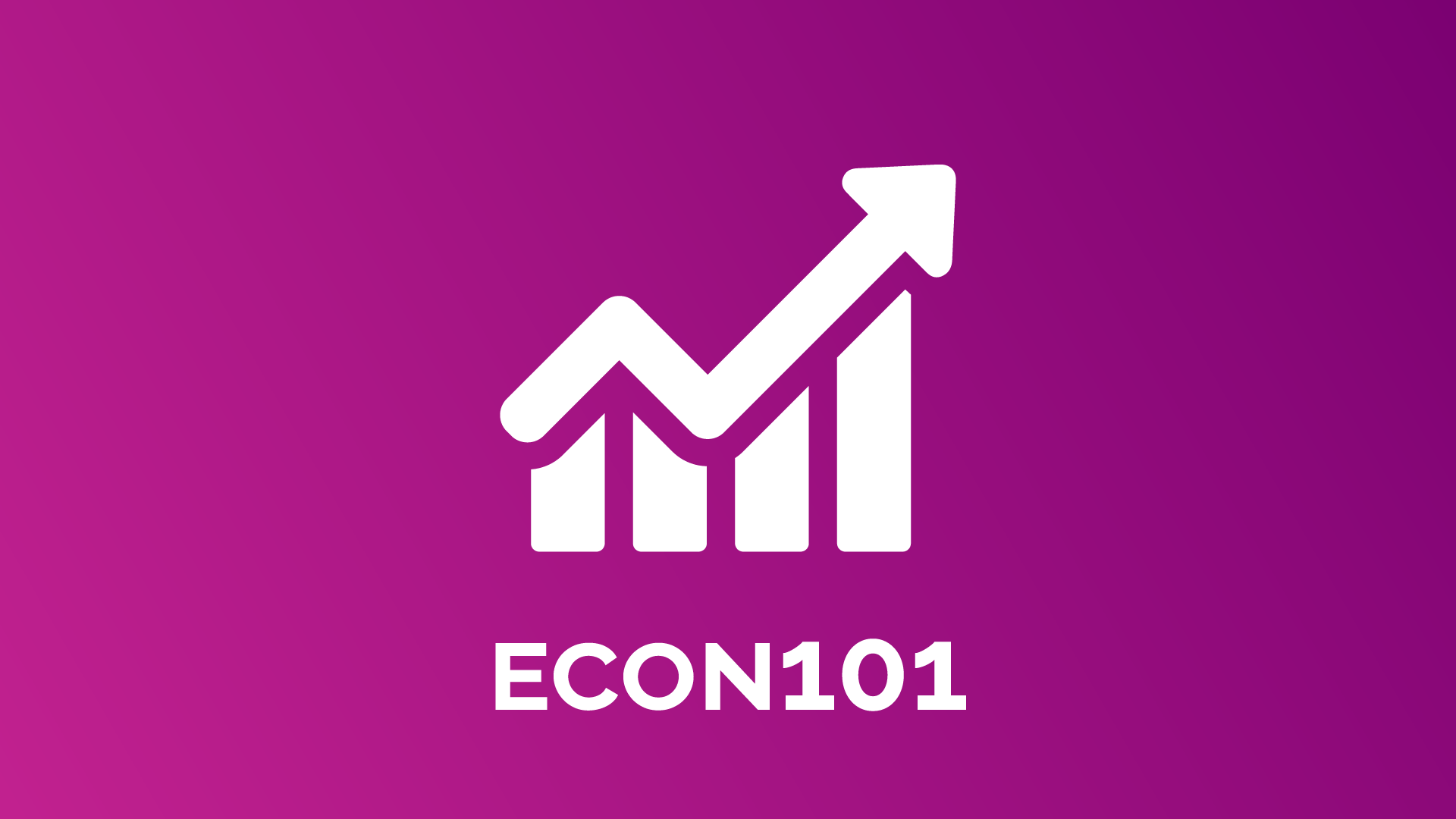
-
Time: 43 hours
-
College Credit Recommended
-
Free Certificate
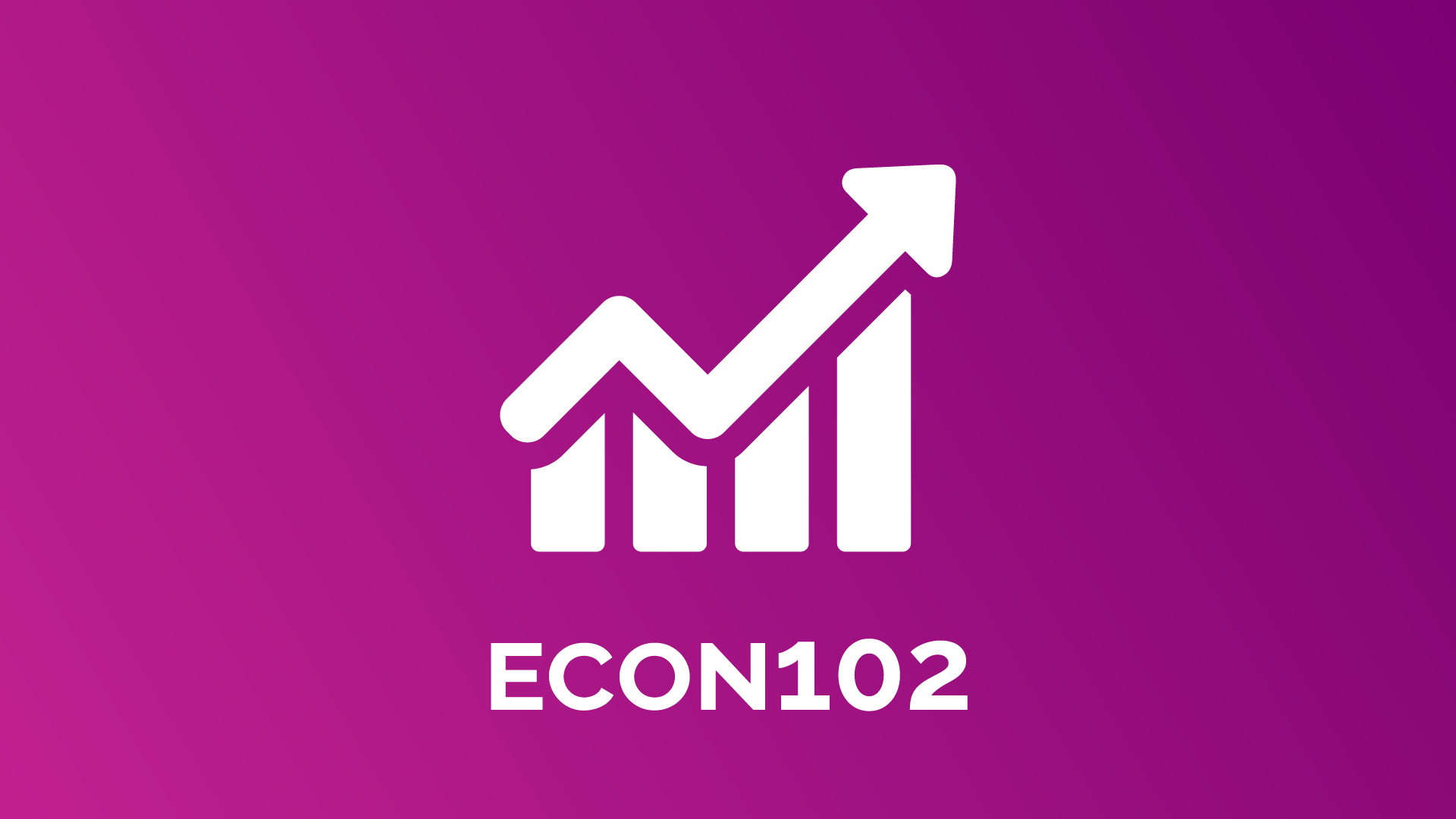
Explore the themes of the Austrian school of economics by Carl Menger, Ludwig von Mises, and Murray Rothbard, including the topics of human action,
value, utility, scarcity, opportunity cost, time preference, capital, trade, money, and prices.
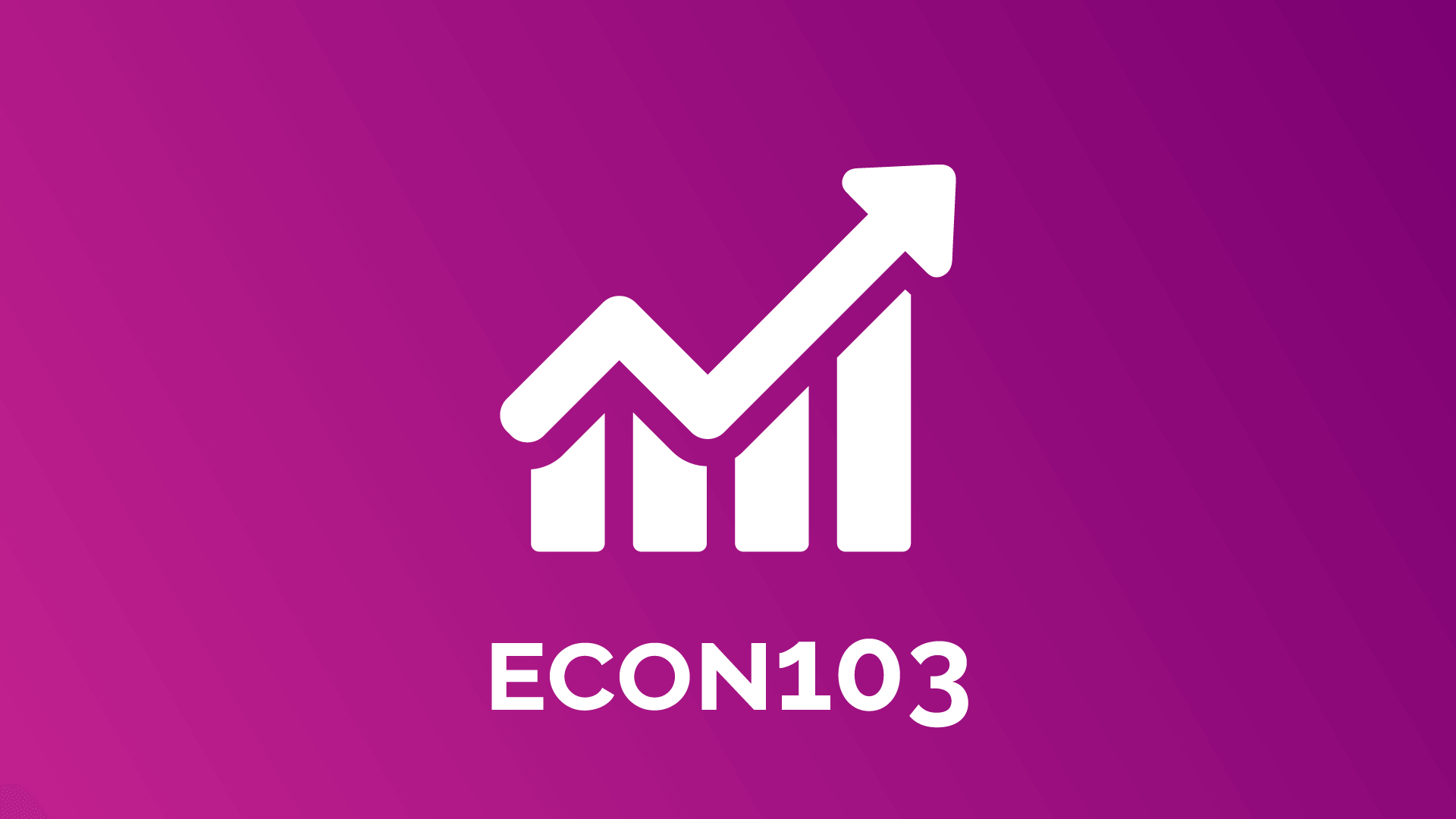
-
Time: 87 hours
-
Free Certificate
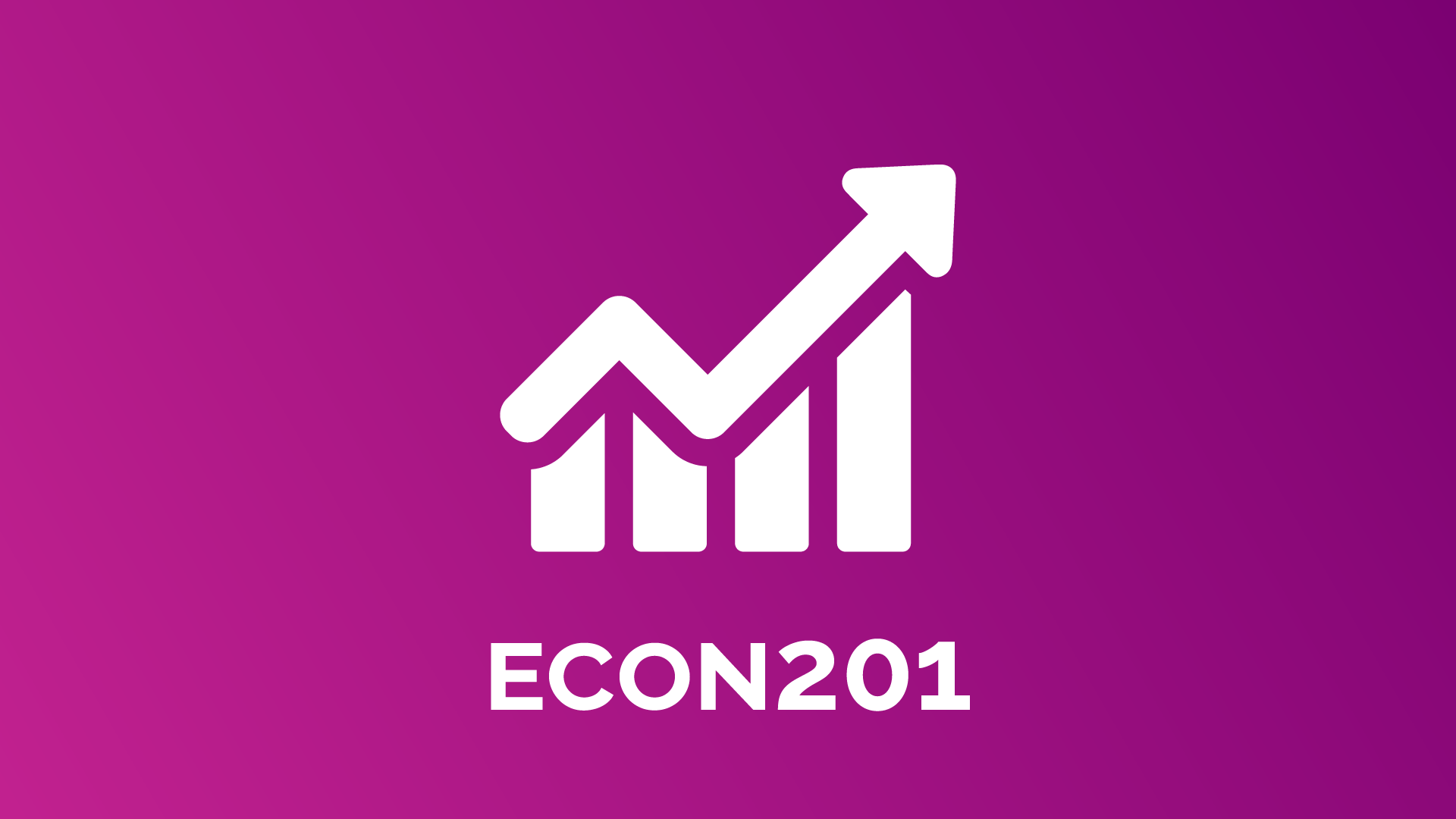
-
Time: 91 hours
-
Free Certificate
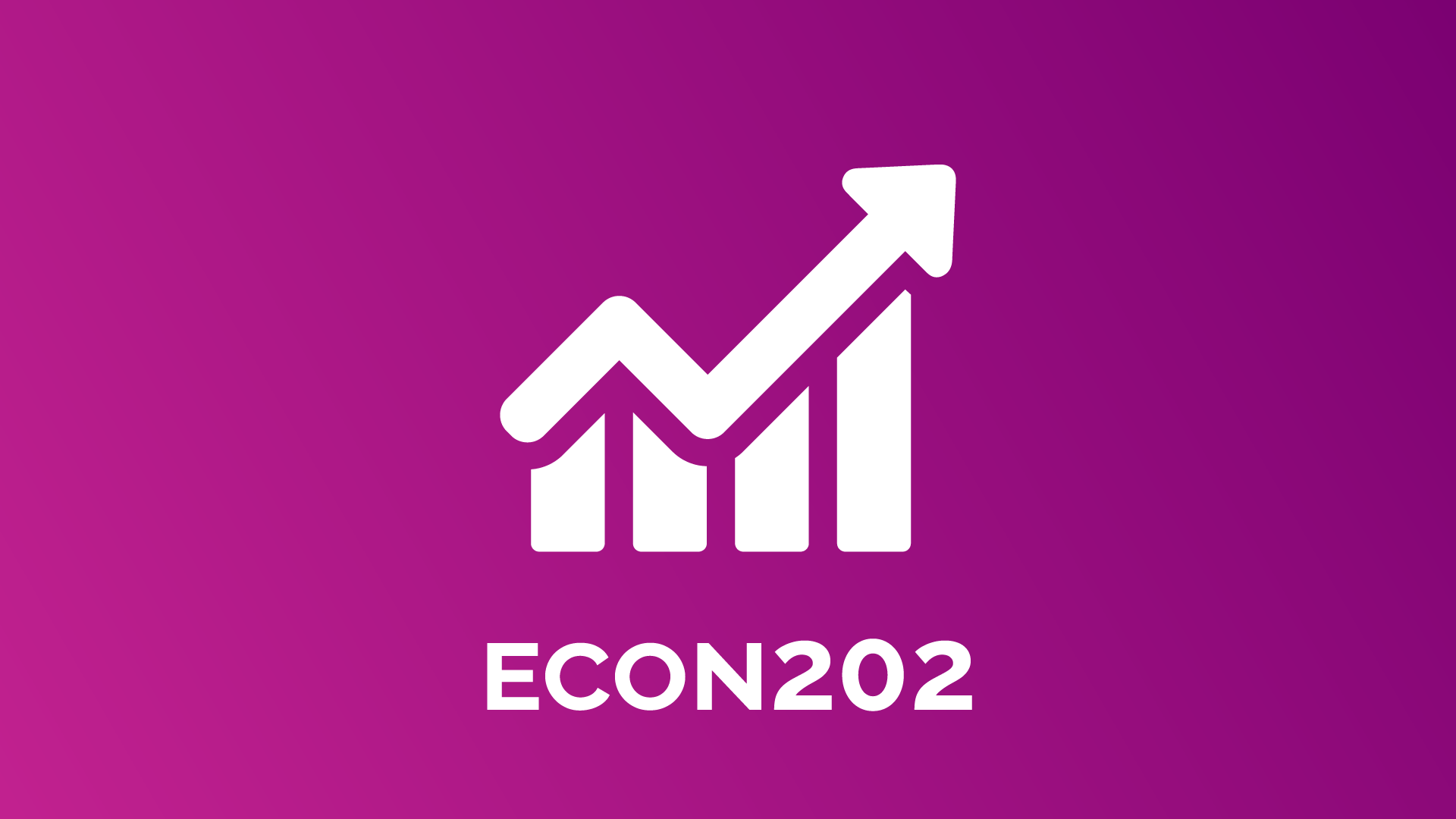
-
Time: 49 hours
-
Free Certificate
